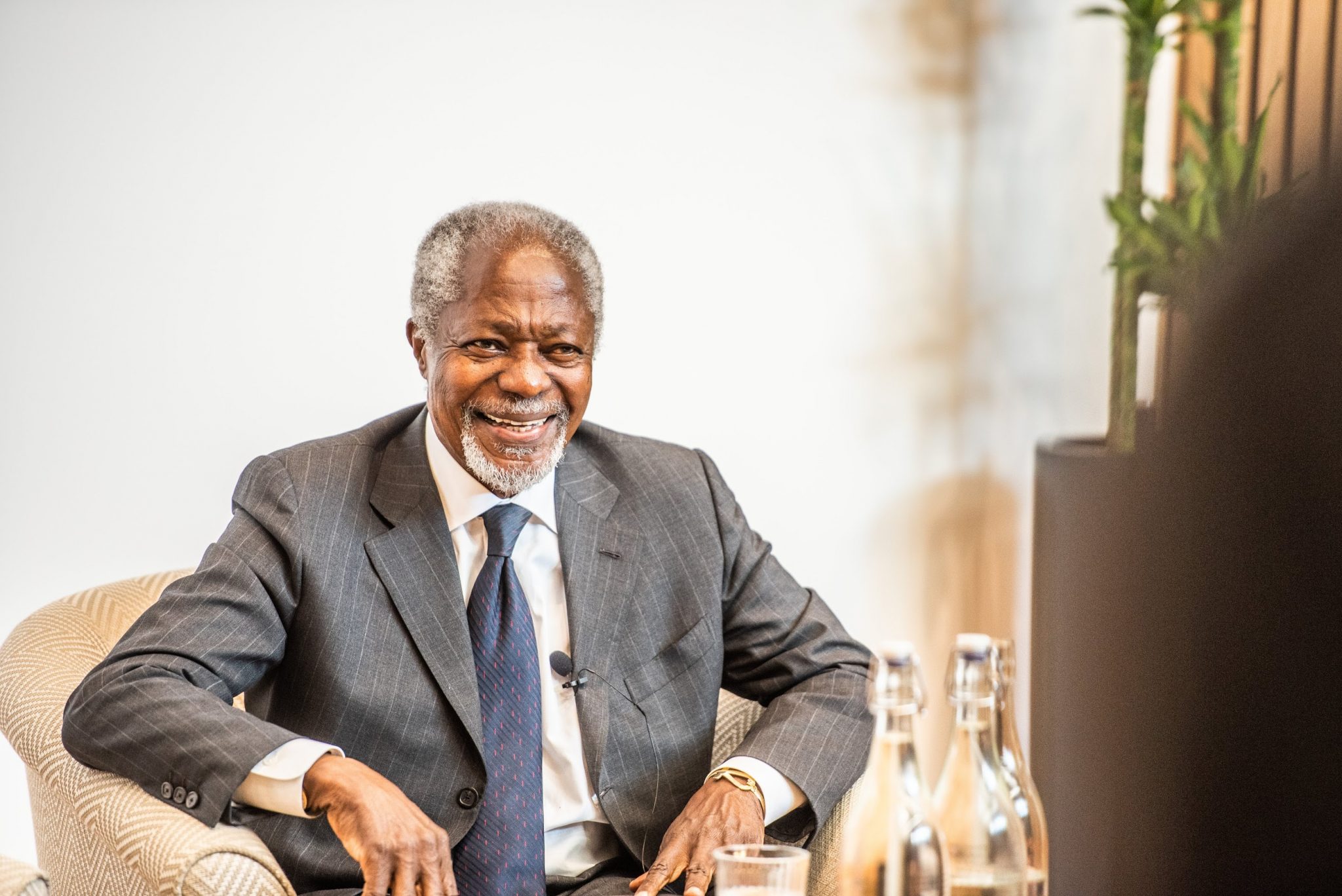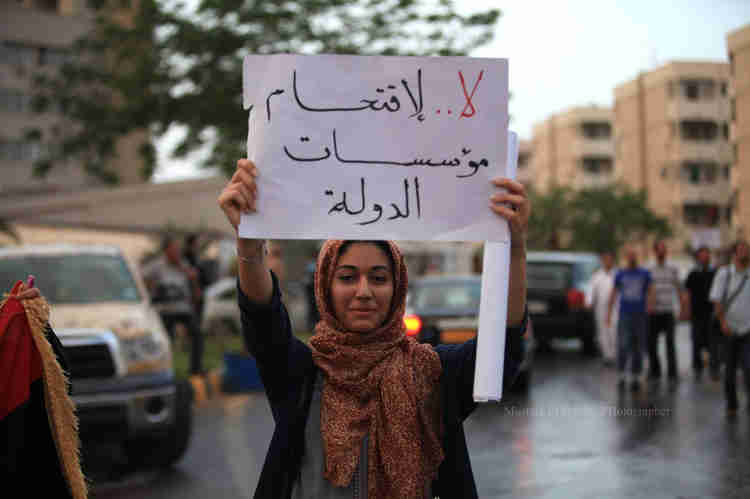Save West Africa from the Drugs Barons
We need to take action now…
Over the last decade, West Africa has made encouraging progress. Violent conflicts that had blighted the region for many years have been ended. There have been real advances in development, health and education. Economic growth is accelerating. Democratic practice, although still not the norm everywhere in the region, is taking root.
But this progress is increasingly at risk from the threat posed by international drug trafficking and the criminal networks behind the trade. The smuggling of illegal drugs through West Africa, notably cocaine and heroin, has increased dramatically. A decade ago, the total seizures of cocaine in the region were less than 100 kilos. By 2009, this had increased to nearly 6,500 kilos. The World Bank estimated that cocaine with a street value of $6.8bn was trafficked through the region the previous year.
This is not restricted to West Africa. Across the globe, drug trafficking and the organised crime behind it are placing increasing pressures on all legal and democratic systems. But countries emerging from conflict or violence are particularly susceptible to organised crime. Law enforcement can be weak, while widespread poverty makes it easier for criminal networks to penetrate and pervert the often fragile institutions of democratic states.
West Africa and other regions in Africa are not immune from these pressures. Indeed, they face three inter-related dangers from illegal drug trafficking. First, there is the threat from drug-funded corruption, which can corrode fledgling state institutions and undermine good governance and the rule of law. Second, there is the risk that drug traffickers link up with other criminal elements or, worse, terrorist groups that may be trying to infiltrate and destabilise the region.
Finally, there is the harmful impact on the health and social cohesion of local communities caused by growing drug consumption by people within the region. Evidence of this disturbing trend is already apparent. According to a recent report from the UN’s Office on Drugs and Crime, in 2009 around a third of the South American cocaine destined for Europe and shipped via West Africa was consumed locally.
Organisations such as the United Nations and the Economic Community of West African States have already sounded the alarm about the growing scale of the threat and the dangers it poses to governance, security and democracy. Governments in the region are taking action to stem and disrupt the flow of drugs. But there remains an urgent need to accelerate and ensure a coherent response at the national, regional and international levels.
We need to take action now before the grip of the criminal networks linked to the trafficking of illicit drugs tightens into a stranglehold on West African political and economic development. That can only achieved through a strong, well-co-ordinated and integrated effort led by West African states with the strong backing of the international community. In particular, the region needs more help from those countries that are producing and consuming these drugs.
To help provide new impetus and solutions to this threat, a meeting of independent experts from within the region and the wider international community will be convened later this year. The aim is to assess the dangers that drug trafficking poses to governance, security and democracy in West Africa and to propose concrete measures to combat this insidious menace.
We have already seen, in other parts of the world, the devastation the trade in drugs can cause. It would be a tragedy if drugs were again to plunge West Africa into conflict and destroy the progress and hard-won democratic gains of recent years. We must all come together to prevent such a disaster.



